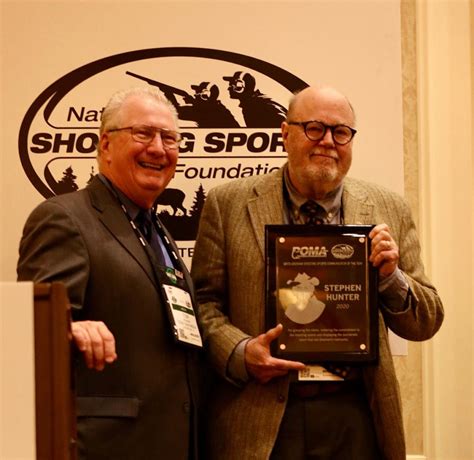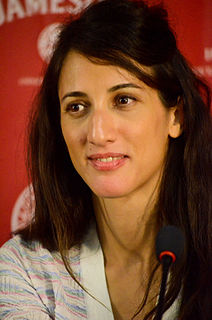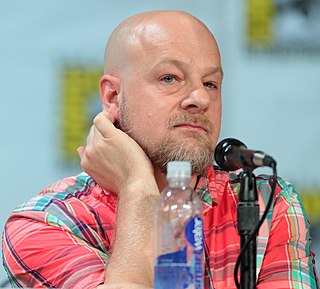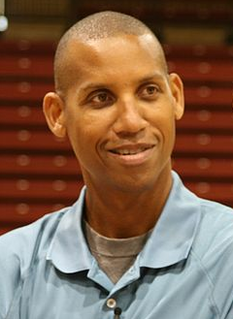A Quote by Asghar Farhadi
If you give an answer to your viewer, your film will simply finish in the movie theatre. But when you pose questions, your film actually begins after people watch it. In fact, your film will continue inside the viewer.
Related Quotes
I think it took a long time for me to realise that as much as I respect reviews and do engage with reviewers as a viewer of the theatre, television and film it's really unhelpful. Even if people make perceptive and interesting comments about your performance, it is so subjective and you will come in and change what you do, you can't help it.
When you're making a film, you don't really have time to consider what the whole of your film is. And then, when you're releasing your film and promoting your film, you're looking at it in a different way. Then, as you move away from it, you start to look at it objectively and think, 'What could I have done better?'
Any advice I could give to female directors would be the same as for males: There will be endless difficulties, some seemingly defeating, on your way. That's a given. Just wipe out the very notion of stress. Concentrate on your actors. Obsess about your story and the world it is anchored in. Deal with the hundreds of down-to-earth issues [around] the existence of your film. At some point, everything will be ripe. And you wouldn't be able to stop your film from coming to life even if you wanted to.
I don't make movies. I don't feel that I have to have artistic control. Part of this comes from the fact that the book lives on no matter what Hollywood does to your novel in terms of a film. Now, you try to be careful who you allow to do your film because nobody wants their novel to become a turkey movie. But, on the other hand, it is a crapshot anyway, because even the best people can make a bad film.






































